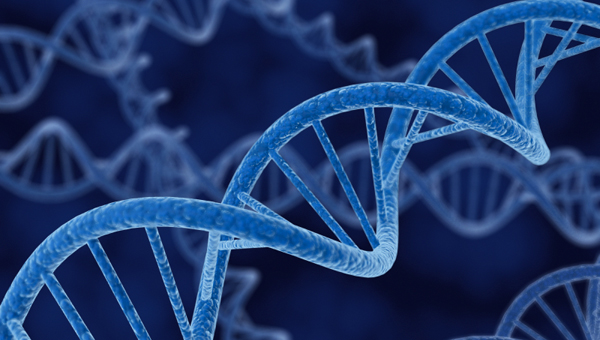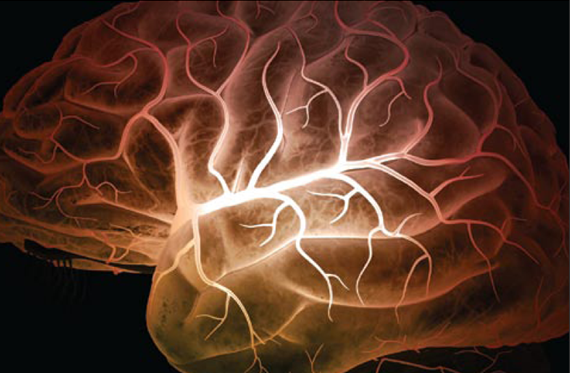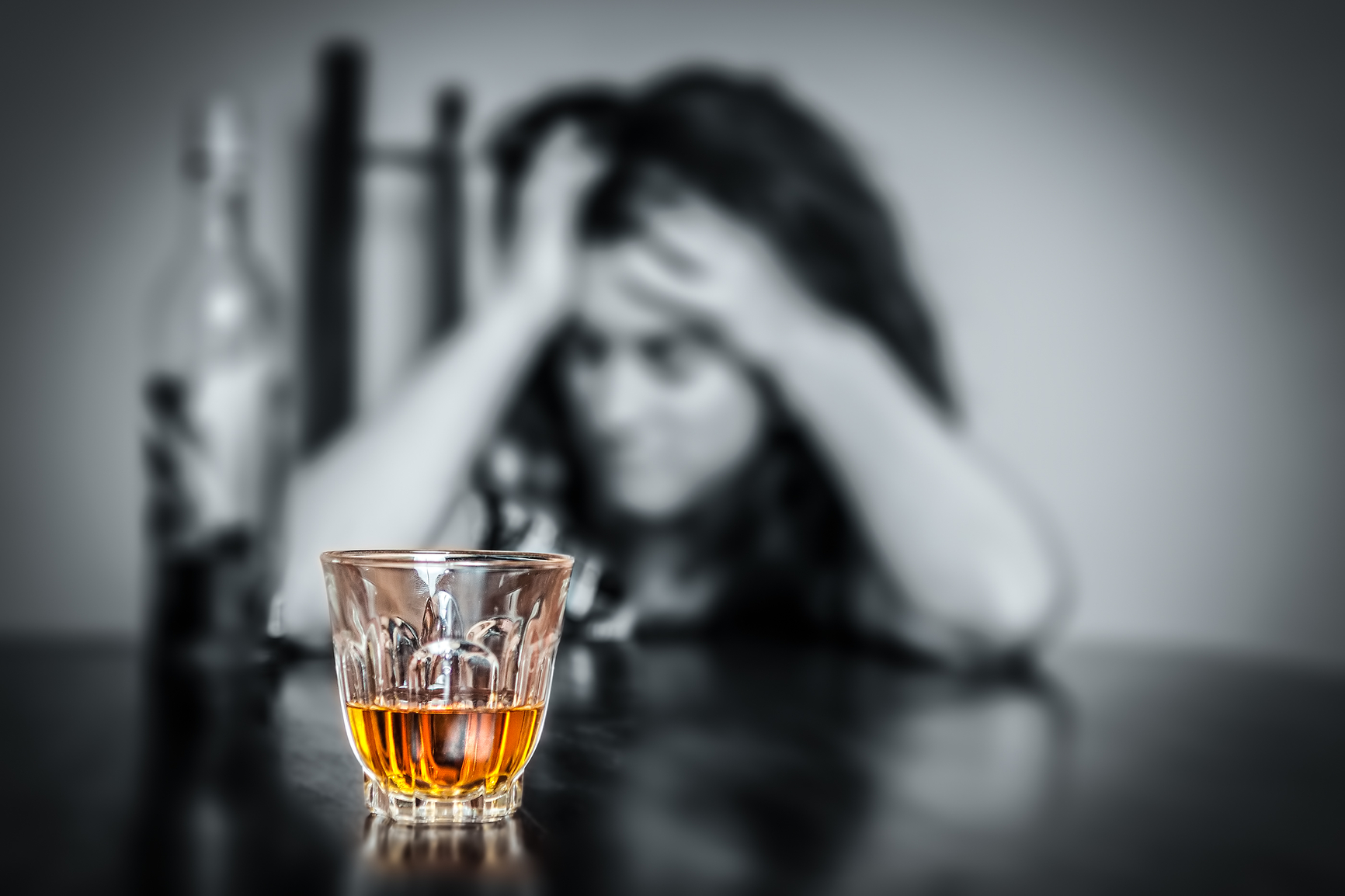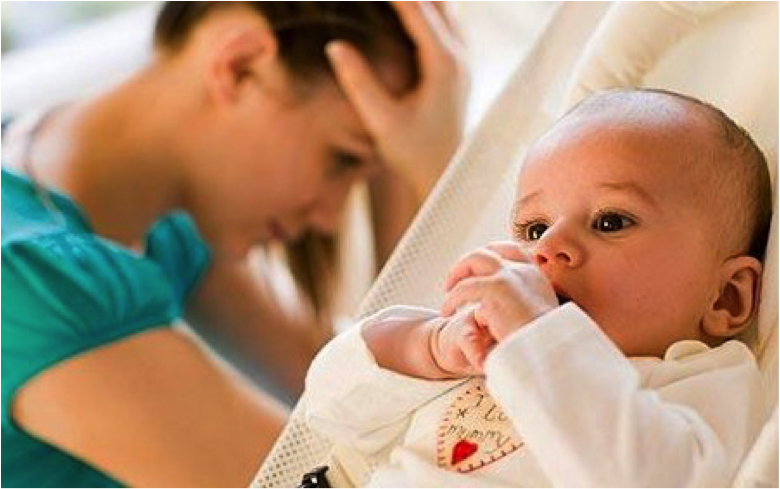Causes
Causes of Depression
Depression is a serious mental illness when left untreated it can cause a serious impact on a person’s life, it can affect and strain relationships cause employment problems or lead to drug and alcohol abuse.
Knowing about the causes of depression can help you deal with it faster. However in most cases the cause will not be easily known, there are many factors that lead to developing depression.
Genetics
Research has shown that if you have a close family member with depression, you are more likely to experience depression yourself. There is no single responsible, but it is caused by a combination of genes. However identifying genes that predispose a person to certain types of depression is a growing area of research.
Brain Chemistry
Depression can also be caused by an imbalance of naturally occurring substances called neurotransmitters in the brain and spinal cord. Neurotransmitters are chemicals that carry signals from one part of the brain to the next. There are many neurotransmitters, serving different purposes. Three important ones that affect a person’s mood are serotonin, noradrenaline and dopamine.
People with depression have been shown to have abnormal levels of neurotransmitters such as serotonin, noradrenaline and dopamine. Antidepressants that change these levels can be effective in treatment in some people with depression.
Stressful events
Negative event can trigger depression too, event such as losing a job, relationship problems. This will get worse when a person tries to isolate himself which will increase the chances of depression, so it will be a bad idea to top seeing your friends and family and try to deal with your problems on your own.
Also if you have certain personality traits, such as low self-esteem or being overly self-critical. This may be because of the genes you’ve inherited from your parents, your early life experiences, or both.




Alcohol and Drug Abuse
Trying to deal with those stressful life event by drinking too much alcohol or taking drugs. This can result in a spiral of depression. The use of this drug tends to trigger depression symptoms like lethargy, sadness and hopelessness. However, many depressed individuals reach for drugs or alcohol as a way to lift their spirits or to numb painful thoughts. As a result, depression and substance abuse feed into each other, and one condition will often make the other worse.
Giving Birth
The birth of a baby can trigger a jumble of powerful emotions, from excitement and joy to fear and anxiety. But it can also result in something you might not expect — depression.
Many new moms experience the “postpartum baby blues” after childbirth, which commonly include mood swings, crying spells, anxiety and difficulty sleeping. Baby blues typically begin within the first two to three days after delivery, and may last for up to two weeks.
But some new moms experience a more severe, long-lasting form of depression known as postpartum depression. Rarely, an extreme mood disorder called postpartum psychosis also may develop after childbirth.
Postpartum depression isn’t a character flaw or a weakness. Sometimes it’s simply a complication of giving birth. If you have postpartum depression, prompt treatment can help you manage your symptoms and enjoy your baby.
Personality Type
Some personality types are more prone to developed depression, personality types appear to contribute to the onset and course of depression through a variety of pathways. Research has shown that people with high levels of anxiety are more likely to become depressed. Shy people, who don’t have a lot of attachments to other people, because of their shyness, may easily become depressed. People who are perfectionists and want themselves to be perfect in everything they do in life, and also expect others to be perfect, commonly become depressed
